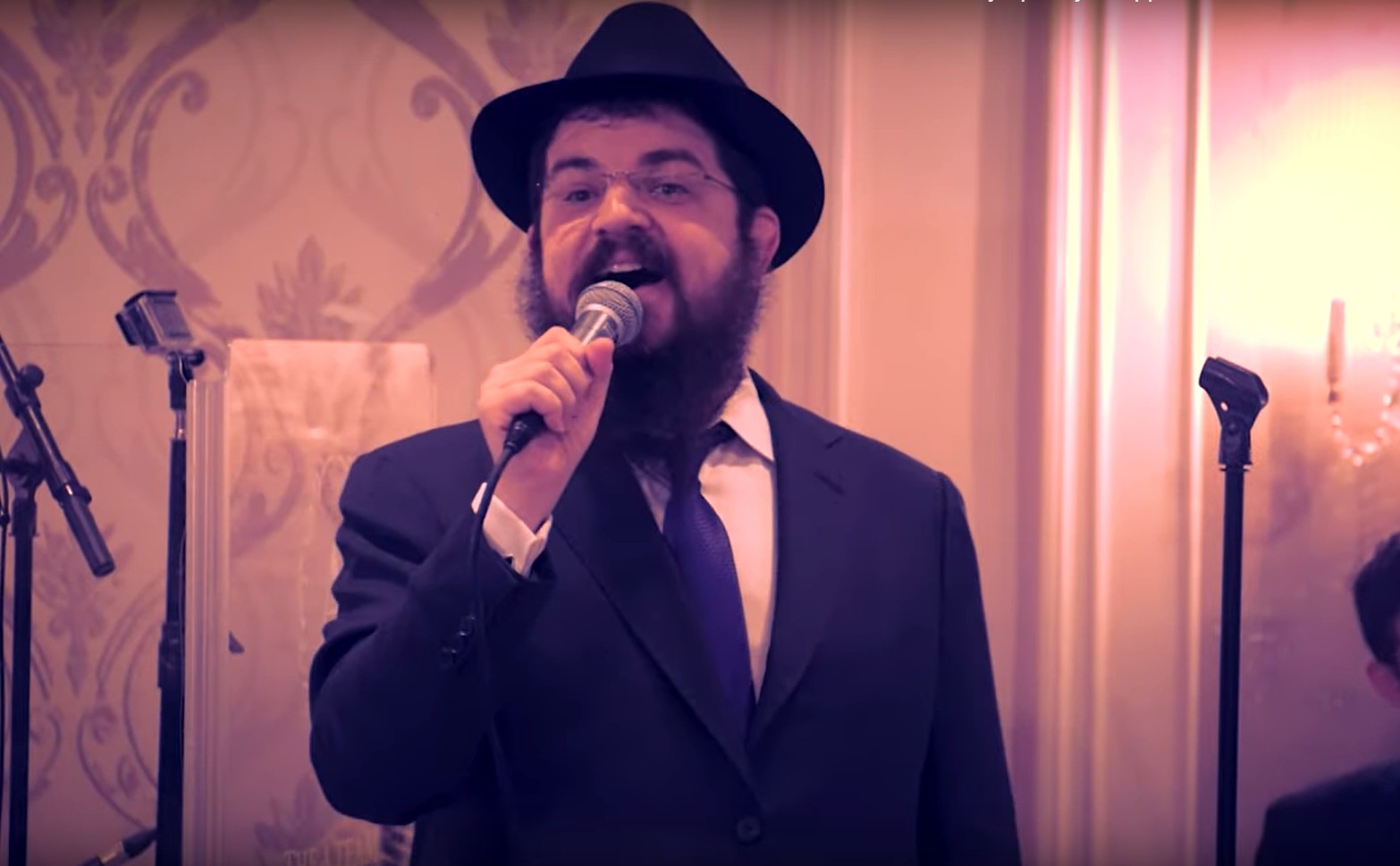Around 15 years ago my husband began visiting Abe Zimmerman,* an elderly gentleman living in a local nursing home. At that time there was no minyan in the facility, and Abe had reached out to the community for someone who could take him to shul. Abe had lived his whole life in Atlantic City. Although he had been born into a frum home, he had abandoned yiddishkeit by the time he was an adult. After his wife passed away and his health began to deteriorate, his two adult sons were unable to provide him with the level of care he needed. By this stage in life Abe had already done a lot of reflecting, and he resolved to change his ways. Although he had stopped keeping kosher decades ago, he insisted on moving to a nursing home that was kosher. In fact, he was adamant about it. Abe moved to a facility in Lakewood,New Jersey, despite the fact that he knew no one there. Once we got to know him better, he told us that he was doing teshuvah. He had left all that was familiar to him—his neighborhood, his home and his friends—to return to the religion of his youth. In frail health and suffering from various infirmities, he ached to re-embrace Yiddishkeit. Every Sunday my husband took Mr. Zimmerman to Shacharis. My eight-year-old son Uri would go along as well, and soon the three of them were dear friends. Abe’s two sons almost never visited him, and my husband and he developed a close father-son relationship. My husband was very devoted to him.

In our personal lives, things were quite hectic. Our children were all young and there were many demands on my husband’s time. Yet he kept his commitment to Abe like clockwork. Today, we still reminisce about the dilemma my husband faced each and every week. Abe had been put on a strict lowsodium diet, but each Sunday he would beg my husband to bring him a bag of potato chips because he craved salt. It was hard to decide which was preferable: allowing an elderly man a small pleasure, or following doctors’ orders. The relationship continued for some time as Abe grew increasingly incapacitated. It was shortly before Rosh Hashanah when he cried to my husband, “Oy, ich fil zich azoy vi an oisgeklapte hoshanah!” One day, Abe was particularly pained both physically and mentally. This brave man made use of his misery. He said to my husband, “Oy, Dovid, I have been so lonely. I am sick. I am so weak, I am suffering so much, it must be that I have sinned. This seemed to be his viduy. While listening to Abe lament, one could almost hear the thud of his fist pounding against his chest. He lodged no grievance or complaint as others sometimes do. Soon after, he succumbed to his illness. It was a very sad day for our family. We discovered through the chevrah kaddisha that Abe’s sons had opted for a nonJewish funeral. There would be no taharah. Who knew if he would even be buried in a Jewish cemetery? We were stunned. We were heartbroken. The chevrah kaddisha explained that they had learned that in cases like this, it was usually more effective if someone unaffiliated with them, such as a friend of the niftar, spoke to the family about changing their plans.
My husband agreed to reach out to Abe’s son. Then he asked me to do it! Me? I hardly knew Abe. I had visited him a few times, but my husband was the one who really knew him. “Please!” my husband implored, “I won’t be able to make them understand how im portant this is. You do it. You’ll know what to say and how to say it.” “But I don’t even know these people!” I told him. “You’ll figure it out,” he said. From the look on his face I could see that he was counting on me. Of course, I couldn’t turn him down. I couldn’t let Abe down either, so I mentally prepared myself to make the call. I had no idea what I would say. Time was of the essence. Arrangements were already underway. I davened for Hashem to put the right words in my mouth and picked up the phone. I wasn’t prepared to get an answering machine, and I resisted the urge to hang up. “Hello, Mr. Zimmerman. My name is Michal Halle. My husband Dovid was a friend of your father. We were saddened to hear of his passing and we offer our condolences. My husband was very fond of him. I wanted to speak to you about his funeral arrangements.” I paused before continuing. “Forgive me for intruding, but I know that your father would have wanted a Jewish burial. His father, and his father’s father, and his father’s father’s father were all buried according to Jewish tradition. We know that your father wanted the same for himself.” By this point my voice was quivering with emotion. “We don’t know each other. I’m sorry for interfering, but please give this some thought. I know this is what your father would have wanted.” By then you could tell from my voice that I was crying. I hung up the phone. My husband and I sat there in silence. Had I offended them? Had I overstepped my boundaries? Would our attempt to get them to change their plans only create animosity towards the frum community? I hoped not. But I knew I had done everything I could for Abe Zimmerman. Later that day the phone rang. It was the chevrah kaddisha. Abe’s family had agreed to kevuras Yisrael! I was so grateful to them and felt so relieved for Abe. Abe Zimmerman had moved to Lakewood for the sake of tradition. By clinging to it tenaciously for the remainder of his life, it ultimately carried him into eternity.




